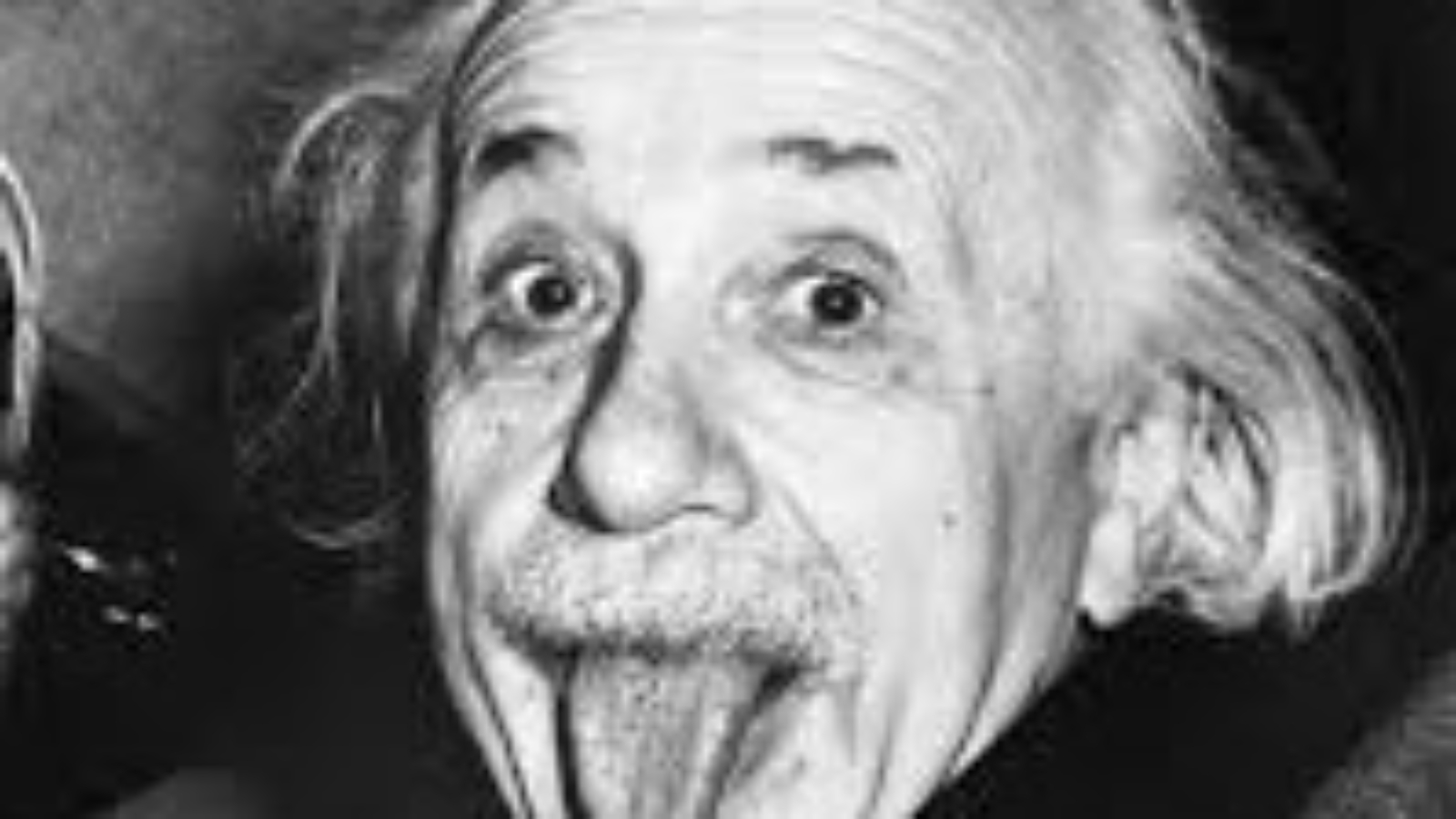
Albert Einstein: The Genius Who Rewrote Reality
In a quiet Swiss patent office, trains rattled by as a young clerk sat scribbling equations on the back of government forms. His mind wasn’t on legal filings; it was chasing light.
What would happen, he wondered, if you rode a beam of light like a bicycle? Could time stretch? Could space bend?
Albert Einstein didn’t have a lab. He once joked, “This is my lab,” pulling a pen from his coat pocket. What he did have was imagination and just enough stubbornness to follow it anywhere.
The world would never look the same again.
Not Just a Scientist; A Seeker
Born in 1879 in Ulm, Germany, Einstein’s childhood wasn’t the stuff of prodigy myths. He was slow to speak, struggled in rigid schools, and got scolded for asking too many questions, but his curiosity? It was relentless.
A magnetic compass amazed him. Why did it point north? What force was acting behind the scenes?
That tiny spinning needle cracked open his worldview. There had to be something deeper, something hidden.
That hunger for understanding never left him.
Later, when he moved to Switzerland for his education, Albert Einstein found the freedom to explore ideas. By day, he worked as a low-level patent clerk. By night, he dreamed up revolutionary ideas.
The Year the Universe Changed
Then came 1905, Einstein’s “miracle year.” While the world debated headlines, he quietly published four scientific papers that shattered physics.
Among them was the Albert Einstein theory of relativity and the little equation that launched a thousand chain reactions: E = mc².
Suddenly, mass and energy were two sides of the same coin. That insight would later become the foundation of nuclear power and, indirectly, nuclear weapons.
He also explained the photoelectric effect, unlocking the weird world of quantum mechanics, which earned Albert Einstein the Nobel Prize in 1921.
He wasn’t just inventing theories. He was reframing the way we saw reality itself.
More Than Inventions
Albert Einstein's achievements go beyond blackboards and numbers. Thanks to him, we have:
- GPS systems that adjust for time-warping near Earth’s gravity
- Lasers used in surgery and data storage
- Concepts that predicted black holes, gravitational waves, and even the Big Bang
But the real invention was the mindset: question everything. Trust curiosity. Follow wonder. Even when others doubted him, Einstein stayed the course. He wasn't interested in fame, yet he became the most recognized scientist in history; his wild hair and kind eyes a symbol of human potential. And whenever he could, he used that fame to do good.
The Man Beyond Science
Einstein spoke out against injustice. When he fled Nazi Germany and settled in America, he didn’t just hide behind books. He raised his voice.
He called racism “a disease of white people” and refused to stay silent. He welcomed Marian Anderson, a Black opera singer denied hotel service, into his home. He paid a neighbor’s college tuition. He handed out candy to kids on his block.
That’s not just brilliance. That’s bravery, but like any other human, he also made mistakes.
In 1939, knowing Nazi Germany might build an atomic bomb, Einstein co-signed a letter to President Roosevelt urging America to act first.
That letter helped trigger the Manhattan Project… And it haunted him for the rest of his life. After Hiroshima, he became a voice for peace. A reminder that knowledge without conscience is dangerous.
He later called it “the one great mistake” of his life—not the science, but the fear-driven decision.
The Legacy That Survives Him
Einstein changed not only physics but also what it means to be a thinker.
He demonstrated that imagination is as significant as equations. That being smart and having fun can go hand in hand. That a scientist can also care about people.
Albert Einstein's biography is more than just atoms and relativity. It's about a man who saw more, thought more kindly, and reminded us that the universe isn't cold; it's full of mysteries that need to be solved.
Kids in classrooms, engineers designing rockets, and artists sketching galaxies all work under the influence of Einstein's ideas, which is why Time magazine named him "Person of the Century," not only for what he knew but also for teaching us that all it takes to change everything is the courage to ask, "What if?"
The Courage to Keep Asking
Albert Einstein didn’t just solve equations; he opened doors. To new ideas, to better questions, to the possibility that even the biggest systems might bend under the weight of imagination.
At Global Edutopia, that’s what we hold onto: the idea that real progress starts with one person asking, “But what if?” Einstein wasn’t perfect. He made mistakes, changed his mind, and kept learning. That’s what made him great; not just the theories, but the humility to keep thinking beyond them. Explore more real-life heroes like Einstein,, and see how today’s education system could better support the next generation of thinkers.


